
The International Seabed Authority (ISA) was established based on Part XI, Chapter 4 of the United Nations Convention on the Law of the Sea (UNCLOS) to regulate activities in the “Area”, defined as the seabed and ocean floor beyond national jurisdiction. This international body facilitates structured arrangements for exploration and exploitation in the seabed.
Comprising three main organs—Assembly, Council, and Secretariat—along with two special organs, the Legal and Technical Commission, and the Finance Committee, ISA functions as a comprehensive regulatory authority. The Seabed Dispute Chamber, which operates under the Council, resolves disputes.
In 2024, Indonesia will continue its duties as ISA Council Member until 2026 after exchanging positions with Nauru in 2023. Currently, ISA is in the middle of negotiating the Draft Regulation on International Seabed Exploitation.
Challenges and Mandates
One of ISA’s primary mandates is to oversee the equitable distribution of knowledge and technology from developed countries and private institutions to developing countries for exploration and exploitation activities.
However, challenges still exist, where developed countries often receive disproportionate benefits, while developing countries lack resources and expertise to fully participate.
- Many experts from developed countries argue that when developed countries with knowledge and technology about seabed mining are given, they will receive unworthy benefits, thus they deserve to be “Free Riders”. They will benefit from the hard work of others.
- On the other hand, developing countries lack the ability, knowledge, or funds to participate in exploration and exploitation activities, thus they require assistance with information and technology.
- Furthermore, since the provisions of UNCLOS are not natural ties, developed countries do not ratify UNCLOS, as the United States can exploit it freely and without obligation.
Article 136 of UNCLOS establishes the principle that the seabed and its resources are the “common heritage of mankind,” emphasizing fair access and benefit-sharing. However, the absence of direct obligations for parties involved in exploration and exploitation to share benefits poses challenges in achieving global equality.
Considering the commitment to the 2030 Sustainable Development Agenda, particularly Sustainable Development Goal 14 regarding ocean ecosystems, ISA plays a crucial role in achieving these objectives.
The ISA Council is currently drafting regulations for seabed mining, with plans for publication in July 2025. Despite global interest, 24 countries have called for a moratorium or cessation of seabed mining due to environmental issues.
The seabed harbors various valuable mineral resources such as gold, copper, cobalt, nickel, manganese, nodules, and sulfides. However, it’s important to note that its location is very deep, at the bottom of the ocean, and extracting minerals from it is not easy. Required equipment includes high-tech vessels, underwater robots, cables, hydraulic pumps, separators, cameras, and more.
Why Indonesia’s involvement is Crucial
Indonesia’s involvement in seabed mining is crucial for several reasons:
1. As the largest archipelagic state with extensive maritime territory, Indonesia is directly impacted by seabed mining activities in international waters. Participation ensures Indonesia’s international rights and obligations are upheld.
2. As a signatory to UNCLOS, Indonesia is bound by its provisions, including those related to the international seabed. Chapter XI of UNCLOS outlines states’ responsibilities concerning the Area, emphasizing marine environmental protection and equitable resource utilization.
3. As an ISA member, Indonesia has actively contributed to its functions since 1996. Continued involvement allows Indonesia to influence decisions regarding seabed mining regulations and ensures its interests are represented.
4. Indonesia’s vision as a maritime axis underscores the importance of active participation in international maritime affairs, including seabed mining discussions. This aligns with the nation’s broader maritime diplomacy objectives.
President Joko Widodo conveyed his vision to make Indonesia the World Maritime Axis at the East Asia Summit in Nay Pyi Taw in 2014. In line with this vision, Indonesia is determined to continue increasing its role in various international maritime forums, including ISA.
This can be explained by examining the pillar of maritime diplomacy. Remember, activities utilizing resources, such as mineral energy and ISA, are closely related to maritime issues, so Indonesia needs to maintain an active role in international discussions on seabed mining.
Preparing National Regulations: To Participate in Utilizing “Treasures”
The first step to utilize “treasures” from various types of minerals on the international seabed, Indonesia must prepare a relevant National Regulation. Currently, Indonesia does not have a strong and clear national regulatory framework related to Indonesian participation in seabed mining internationally. One related regulation is Law No. 32/2014 concerning Maritime Affairs.
Thus, the law refers to Indonesia’s rights and obligations to follow those involved in mining in the area, which still need to be detailed. Hopefully, at least there will be specific national regulations containing provisions in Chapter XI of UNCLOS.
Government efforts to improve governance of the mineral subsector, especially in the seabed, can refer to regulations:
- Government Regulation No. 25 of 2023 concerning Mining Areas
- Presidential Regulation of the Republic of Indonesia No. 80 of 2023 regarding Indonesia’s Active Role in the International Seabed Area.
- Minister of Energy and Mineral Resources Regulation No. 7 of 2023 regarding the Continuation of the Development of Metal Mineral Refining Facilities in the Country.
- Minister of Energy and Mineral Resources Regulation No. 10 of 2023 concerning Procedures for Preparing, Submitting, and Approving Work Plans and Budgets and Procedures for Reporting on Implementing Mineral and Coal Mining Business Activities.
- Minister of Energy and Mineral Resources Regulation No. 14 of 2023 concerning Procedures for Assigning Investigations and Research for Preparing Mining Areas, WIUP (Mining Business Permit Areas), and WIUPK (Special Mining Business Permit Areas).
- Minister of Energy and Mineral Resources Decree No. 258 of 2023 concerning Guidelines for Granting WIUP and WIUPK for Metal Minerals and Coal;
- Minister of Energy and Mineral Resources Decree No. 297 of 2023 concerning Procedures for Processing the Issuance and Registration of Mining Business Permits,
- Minister of Energy and Mineral Resources Decree No. 373 of 2023 concerning Guidelines for Preparation, Evaluation and Approval of Budget Work Plans (RKAB),
- Minister of Energy and Mineral Resources Decree No. 375 of 2023 concerning Guidelines for Expanding WIUP/WIUPK.
- Minister of Energy and Mineral Resources Decree No. 227 of 2023 concerning Guidelines for Determining Coal Prices;
- Minister of Energy and Mineral Resources Decree No. 23 of 2023 concerning Formula for Calculating Compensation Prices for WIUP and WIUPK Information Data;
- Minister of Energy and Mineral Resources Decree No. 89 of 2023 concerning Guidelines for Imposing Administrative Fines for Delays in Construction of Domestic Metal Mineral Refining Facilities.
Improve Participation in ISA and Technical Preparation for Exploration
During these events, Indonesia was active in the discussion forums at ISA as alluded to above. However, there are several specific issues in ISA that require attention, among others, the discussion of regulations designed for mineral exploration at the International Seabed and the protection of the International Seabed environment.
Special discussion design regulations in ISA are needed so that the Indonesian government can follow developments. These related principles utilize mineral power and protection of the seabed environment, such as the ‘common heritage of mankind’ and the ‘precautionary principle’.
Right after more participation in ISA, the next step is crucial for Indonesia to harness the resources at the ocean floor. Technical operations need to be prepared, particularly focusing on technological and financial capabilities. Specifically, high-tech vessels and various related equipment are required.
Adequate equipment is paramount, not only to support international mineral utilization in the ocean but also to avoid potential errors that may pose risks to both humans and the marine environment.
Meeting these requirements entails significant consequences. Additionally, preparation time is extensive, necessitating prompt action. One potential strategy is to collaborate with other parties, either other nations or private sectors.
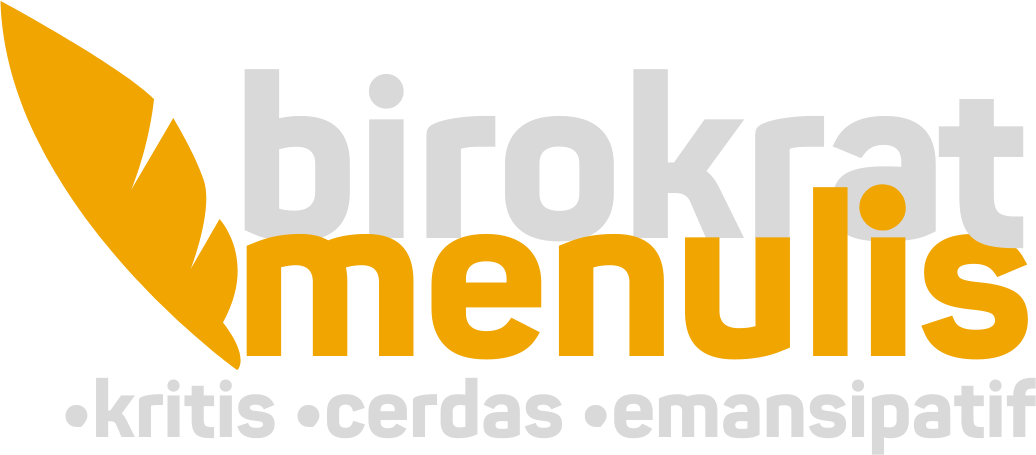
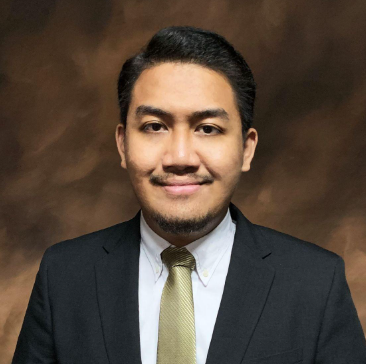
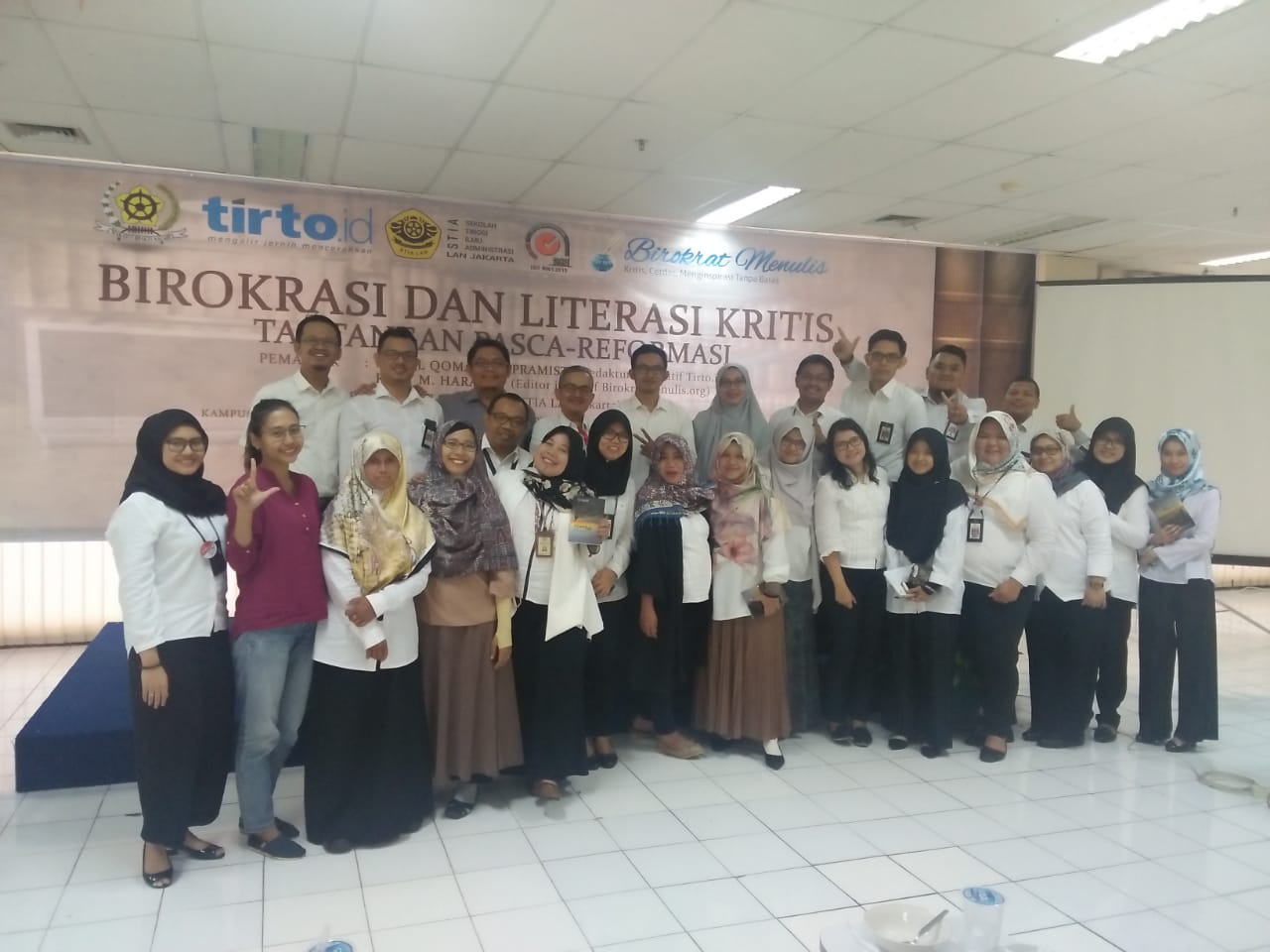
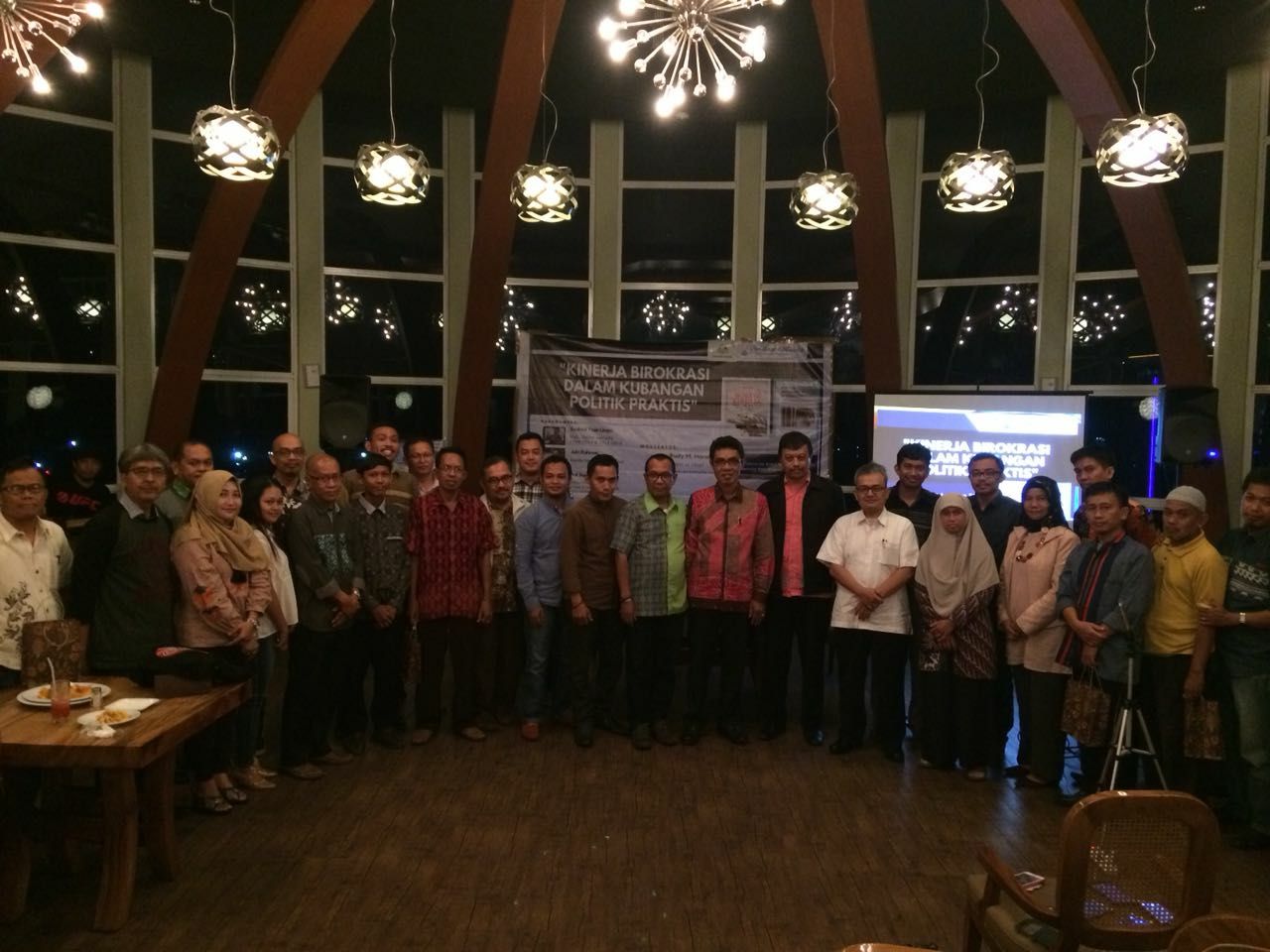
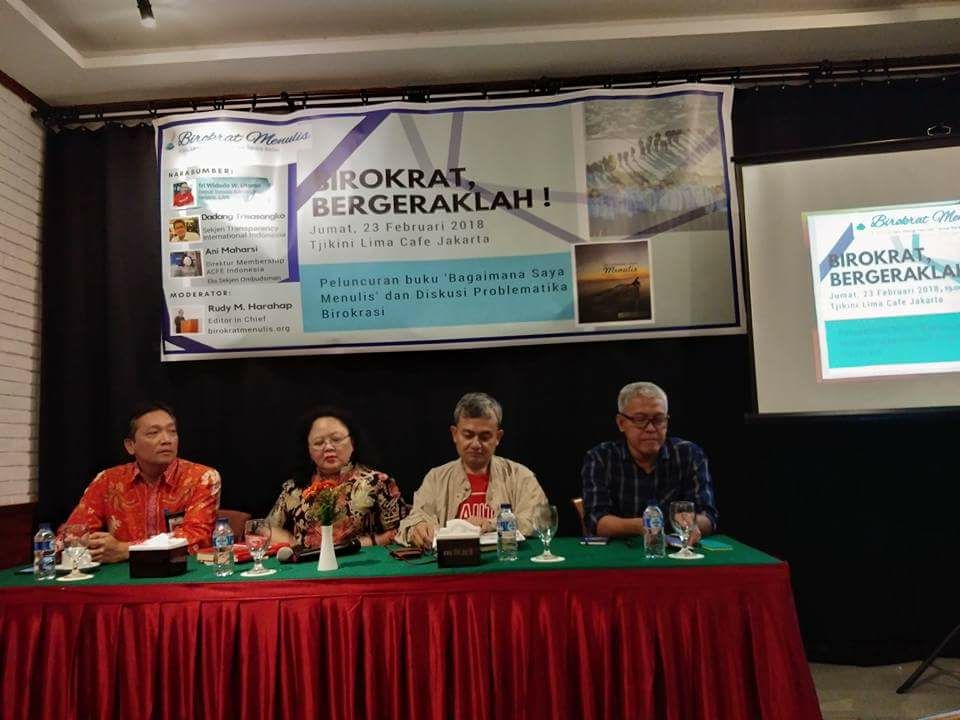
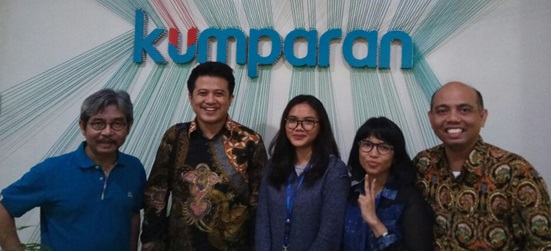
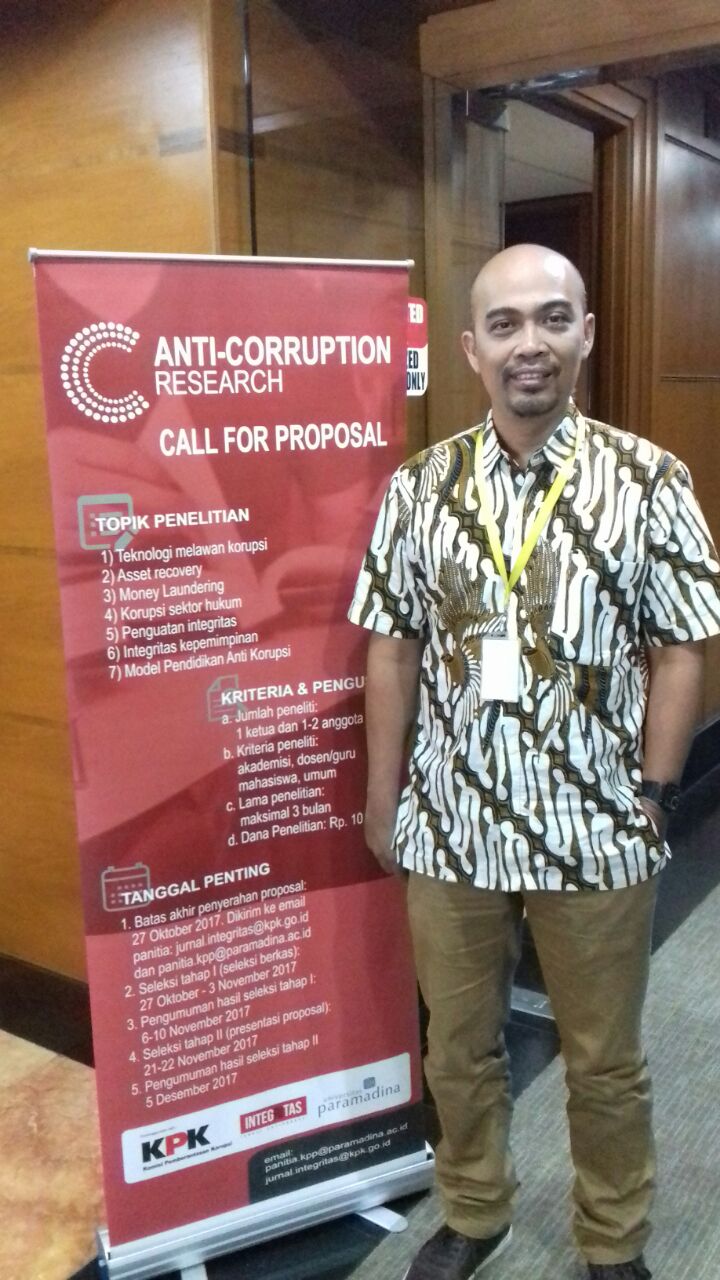
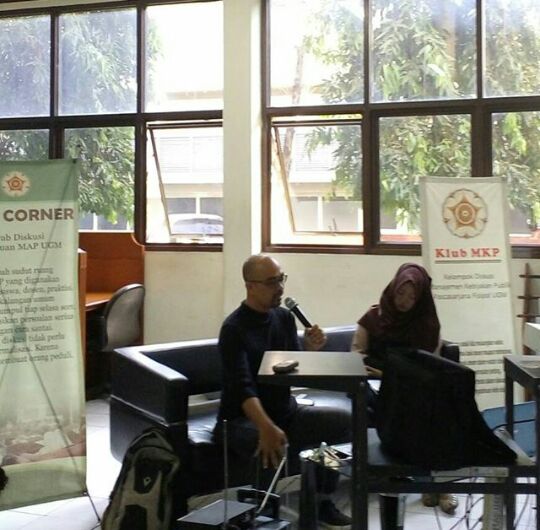







0 Comments